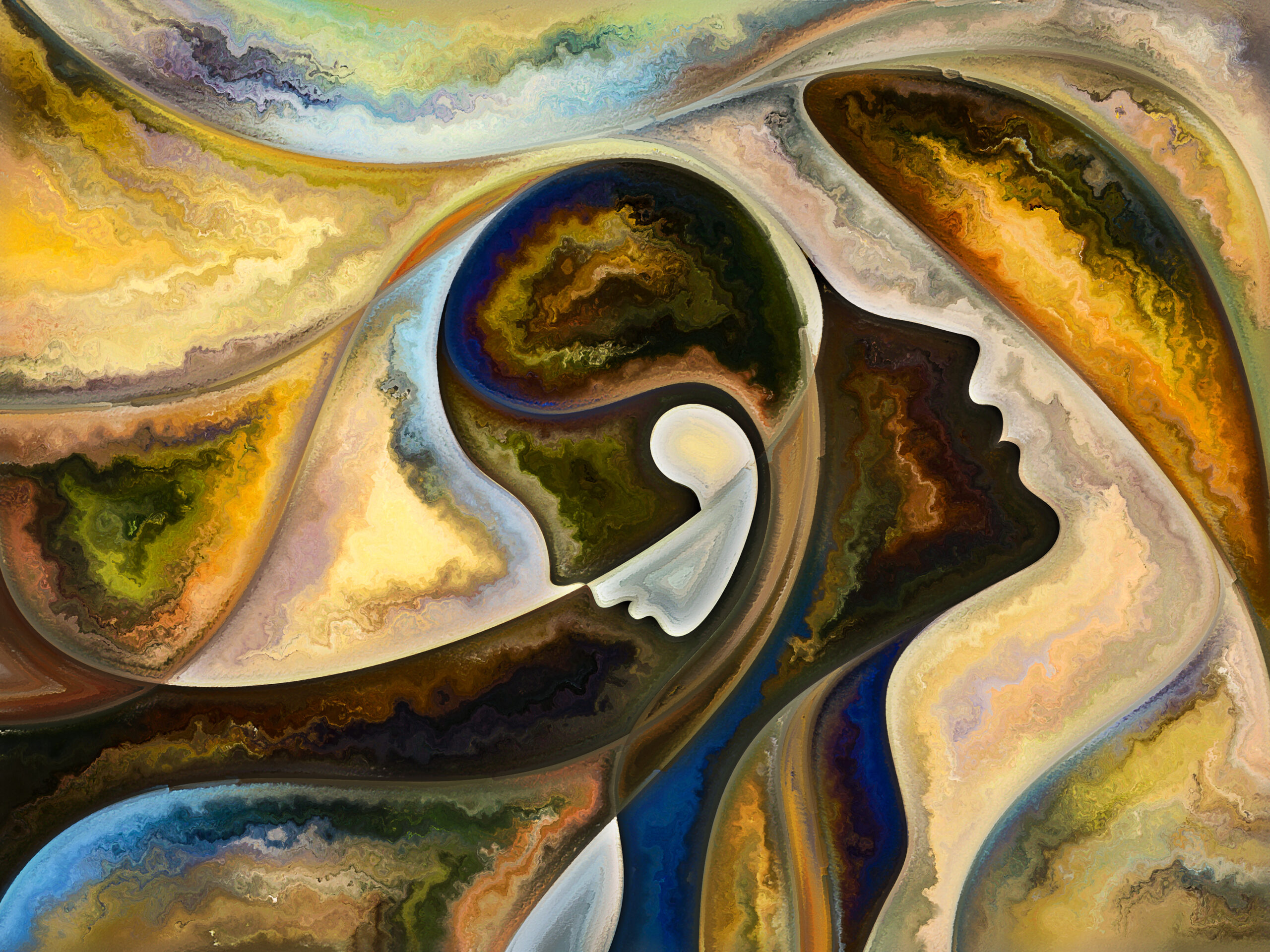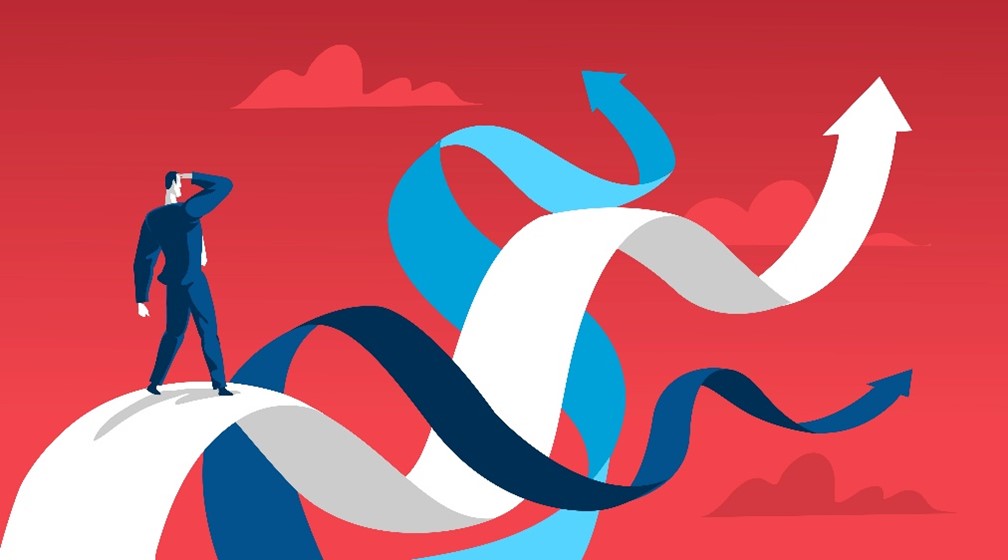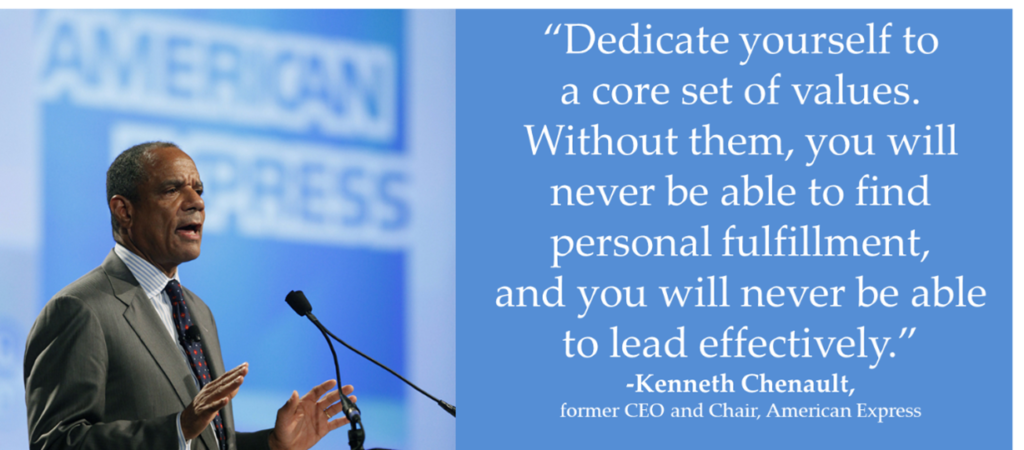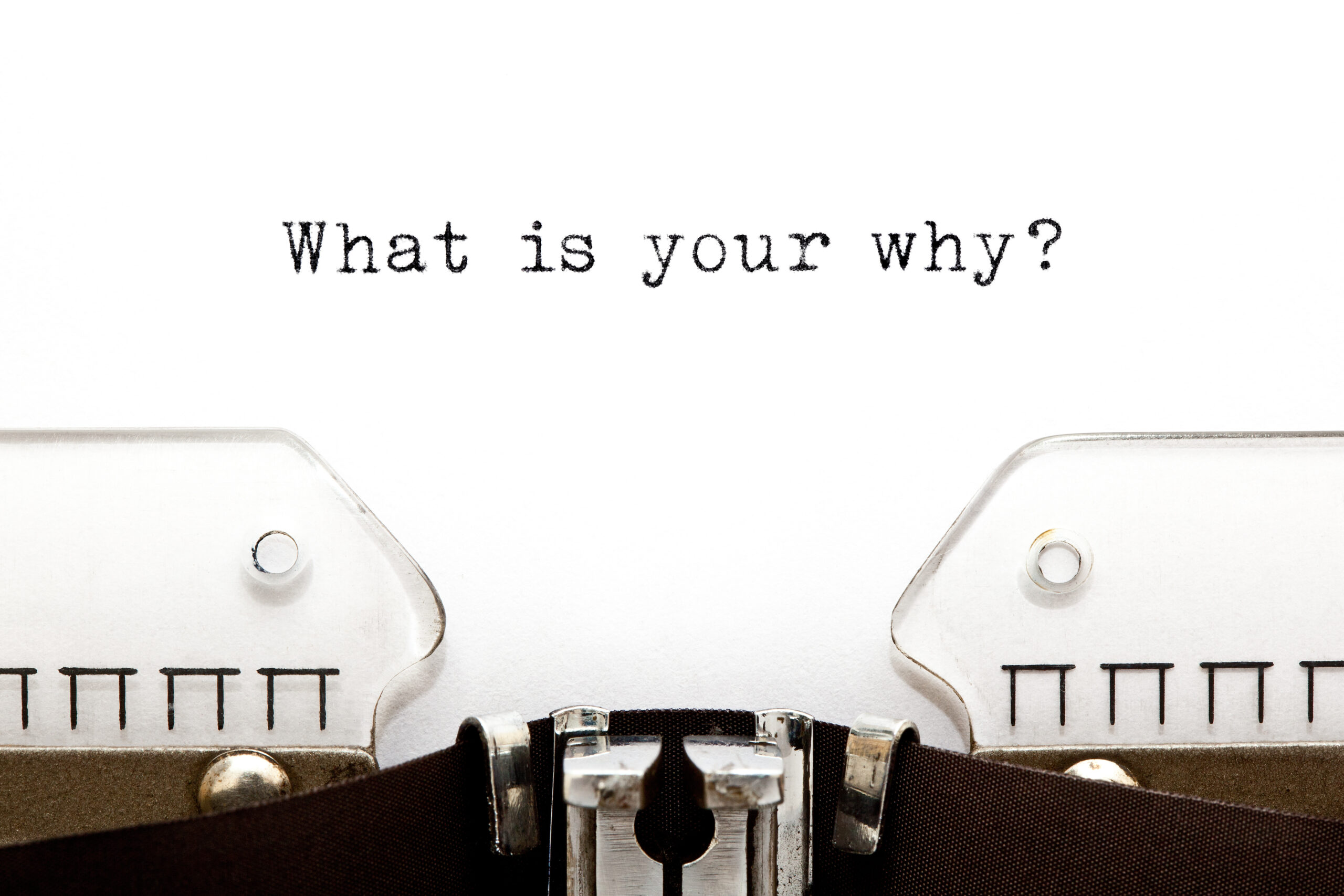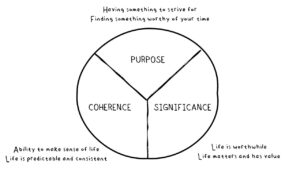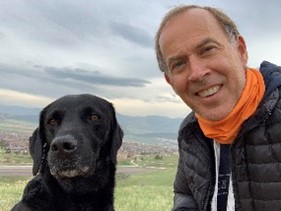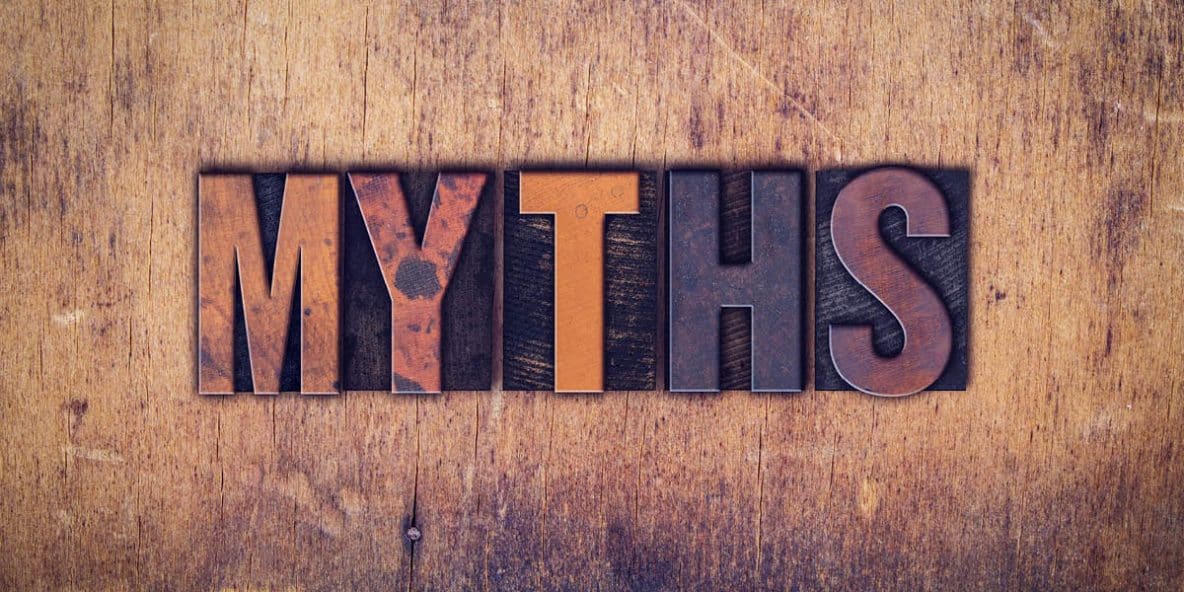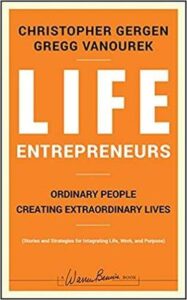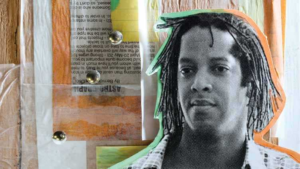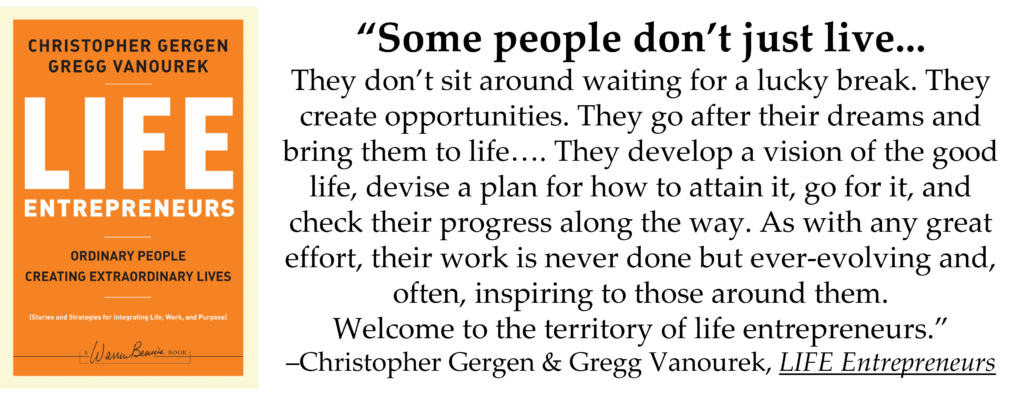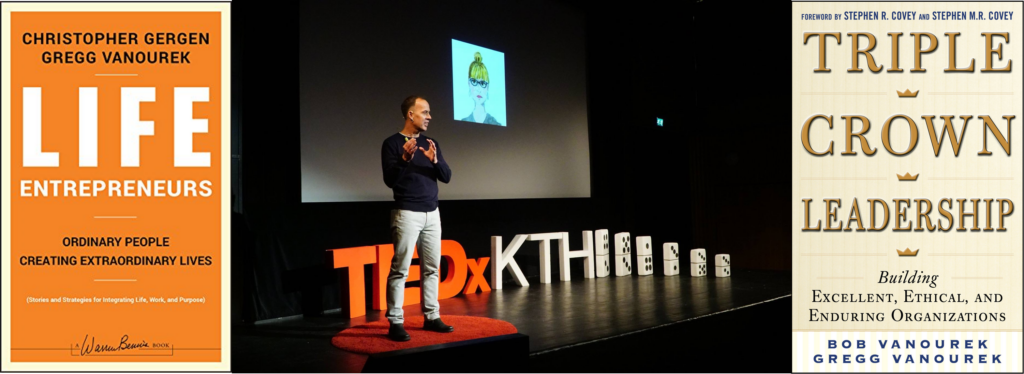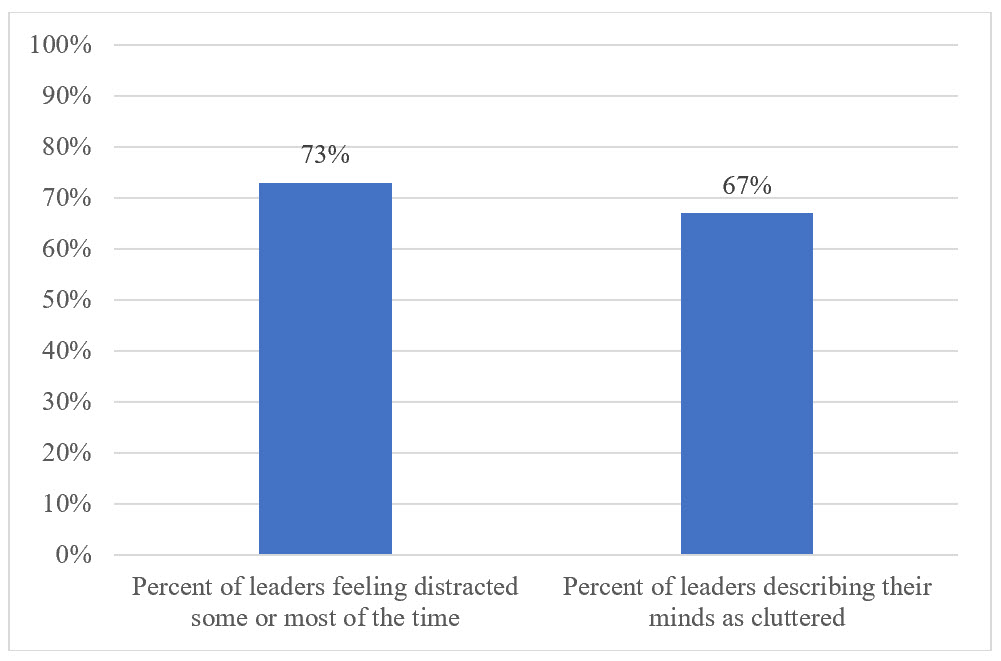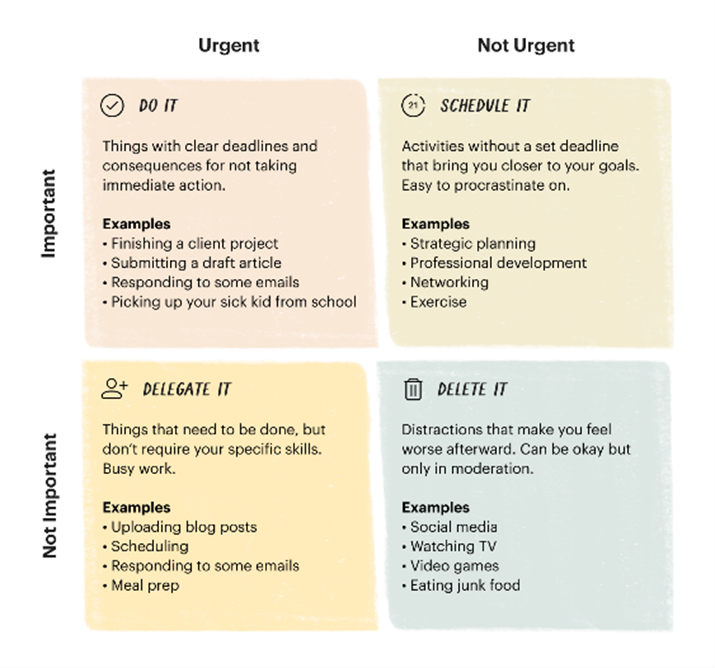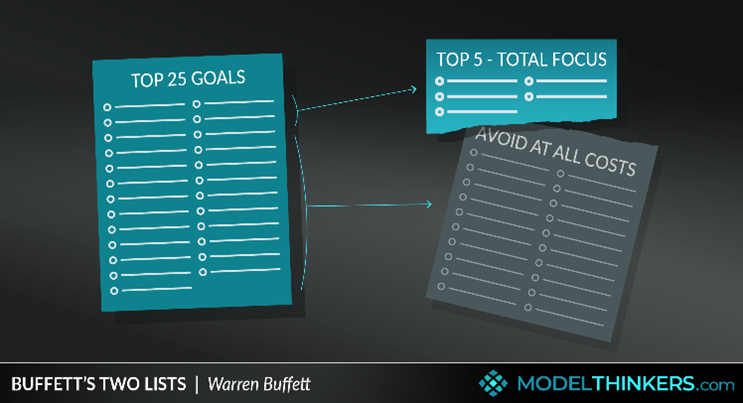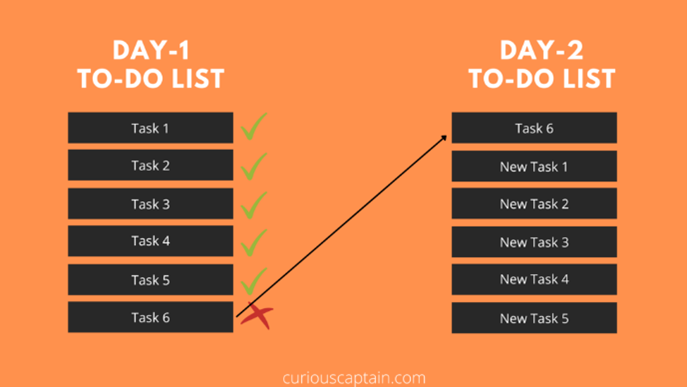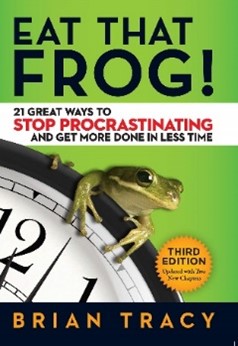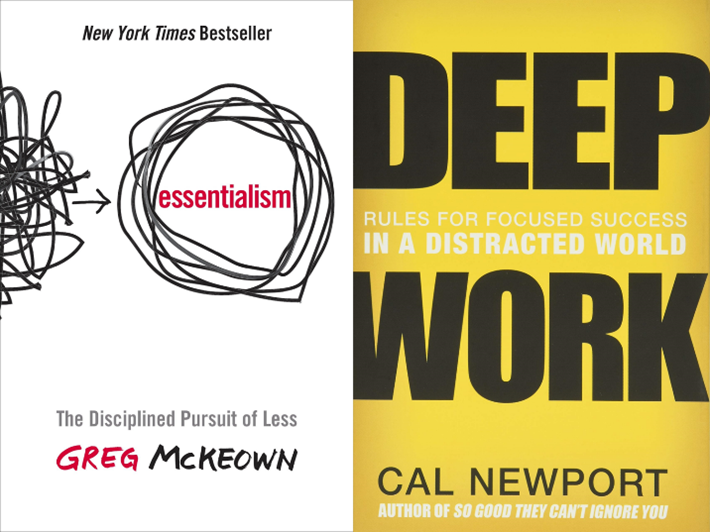Article Summary:
Though it’s hard to admit, we’re more prone to feeling a sense of entitlement than we think. Here’s why and what to do about it.
+++
While most of us would agree that we have to work for things we want in life, it may be that certain surreptitious feelings of entitlement have crept into our mindset. In other words, we’re more prone to entitlement than we think.
Entitlement is a feeling that we deserve special treatment or privileges—or that something should rightfully be ours.
This narcissistic personality trait can come from many sources. It’s influenced by our parents, upbringing, and childhood environment, as well as how other authority figures have treated us over the years and whether we believe we’ve suffered more than others.
Examples of Feeling Entitled
Though it may sound distant and rare, if we look around, we can find plenty of examples of entitlement in action all around us (sometimes inside us), such as:
- expecting a good job because we have a degree
- anticipating a promotion because we’ve been on the job a long time, regardless of effort and performance
- feeling entitled to comfort, ease, success, or a dream job
- expecting to be happy most of the time—and resentful when circumstances don’t cooperate
- feeling entitled to health and wellness or recognition and appreciation
- expecting a certain kind of relationship with others, such as a friendship with the boss or a close kinship with our in-laws or neighbors
- assuming we can express our feelings or resentments whenever and however we want, regardless of the impact on others
- expecting favors from others (even if we’re not likely to reciprocate)
- presuming we’ll have a certain kind of career, marriage, lifestyle, or retirement
The mental dynamics at work here can be tricky. For example, we may acknowledge that others need to start at the bottom and work their way up but secretly somehow believe that we’re an exception to this rule.
The Problem with Feeling Entitled
Such feelings of entitlement are fairly common, if only in certain areas of our lives, and we’re often not aware when they’ve captured us. That, of course, can get us into trouble. For example, feeling entitled can:
- set us up for disappointment due to unrealistic expectations, leading to bitterness
- reduce our motivation to take action
- lead to more conflict and misunderstandings in relationships
- prevent us from learning and growing
- make us feel like we’re better than others
- cause us to lose perspective and thus make bad decisions
- prevent us from being a good team player, since we’re so caught up in our own expectations and can become insensitive to the perspectives of others
- damage our career, since our colleagues will likely resent our selfishness, bad attitude, or double standards
- lead to unfair or unethical behavior when we disregard rules that we feel we don’t have to follow
- lead us to try to control or manipulate others, which often backfires
- reduce our personal influence and power over time
- make us feel unhappy or depressed
Before dismissing entitlement as a problem for others that we’ve managed to avoid, we may want to think again. For example, it can be easy to forget how fortunate and privileged we are, with all the lofty expectations that come with our high standard of living and ready access to convenience and efficiency. But if we’d take a snapshot of our world today, we’d see the following:
- Almost 3.1 billion people could not afford a healthy diet in 2020….
- Around 2.3 billion people in the world (29.3%) were moderately or severely food insecure in 2021….
- As many as 828 million people were affected by hunger in 2021….
- 149 million children under the age of five had stunted growth and development due to a chronic lack of essential nutrients in their diets….
- An estimated 45 million children under the age of five were suffering from wasting, the deadliest form of malnutrition.”
- In 2021, about 38 million people in the U.S. lived in poverty (including one in six children).
- Two billion people (a quarter of the world’s population) now live in conflict-affected areas such as war zones.
- 100 million individuals were forcibly displaced worldwide as of May 2022 due to conflict, violence, persecution, or human rights violations, including internally displaced people, refugees, and asylum seekers.
(Sources: World Health Organization, U.S. Census Bureau, United Nations Refugee Facts, United Nations)
When we get annoyed that our favorite brand of creamer is out of stock at the supermarket or that we’re in the grips of a bad customer service system, it’s surely frustrating but only a problem that many people would only dream of having given the struggles of their daily existence.
Entitlement can be a problem for children of privilege who grew up in affluent circumstances, and it can have big effects on society.
“When we replace a sense of service and gratitude with a sense of entitlement and expectation,
we quickly see the demise of our relationships, society, and economy.”
-Steve Maraboli, author
How to Avoid It
Given all the problems that come with entitlement, we’re wise to avoid it. But how?
Here are eight practices and mental shifts that can help us avoid the trap of entitlement:
- develop our empathy by putting ourselves in other people’s shoes
- recall that things can change quickly and that good fortune sometimes expires
- be sure we’re pulling our own weight when living and working with others
- maintain humility and perspective even if we’re fortunate enough to have some material comforts or success
- be content with and grateful for what we have
- focus more on what we can give to others instead of what we can get from them
- focus on learning and developing ourselves to improve our own capacity to achieve the results we want, instead of expecting them to be handed to us
- develop our persistence in the face of obstacles
Conclusion
Though we may think of ourselves as mostly free from the trap of entitlement, further scrutiny—if brutally honest—may reveal that this ugly mindset may have more hooks in our brains than we’d like to admit. It can do real damage to our wellbeing, relationships, and careers, so we’re wise to address it.
Reflection Questions
- Do you resonate with any of the signs of entitlement listed above?
- How is it affecting your life and work?
- What will you do about it, starting today?
Tools for You
- Quality of Life Assessment so you can discover your strongest areas and the areas that need work, then act accordingly.
- Traps Test (Common Traps of Living) to help you identify what’s getting in the way of your happiness and quality of life
- Personal Values Exercise to help you clarify what’s most important to you
- Leadership Derailers Assessment to help you identify what’s inhibiting your leadership effectiveness
Postscript: Inspirations on Avoiding the Entitlement Trap
- “It is easy, when you are young, to believe that what you desire is no less than what you deserve, to assume that if you want something badly enough, it is your God-given right to have it.” -Jon Krakauer, Into the Wild
- “Don’t feel entitled to anything you didn’t sweat and struggle for.” -Marian Wright Edelman
- “Entitlement is lethal.” -Liev Schreiber, actor, director, screenwriter, and producer
- “Don’t believe the world owes you a living. The world owes you nothing. It was here first.” -Robert J. Burdette, 1883
- “You have to do your own growing no matter how tall your grandfather was.” -Abraham Lincoln
+++++++++++++++++
Gregg Vanourek is a writer, teacher, TEDx speaker, and coach on leadership and personal development. He is co-author of three books, including LIFE Entrepreneurs: Ordinary People Creating Extraordinary Lives (a manifesto for integrating our life and work with purpose, passion, and contribution) and Triple Crown Leadership: Building Excellent, Ethical, and Enduring Organizations (a winner of the International Book Awards). Check out his Best Articles or get his monthly newsletter. If you found value in this article, please forward it to a friend. Every little bit helps!








